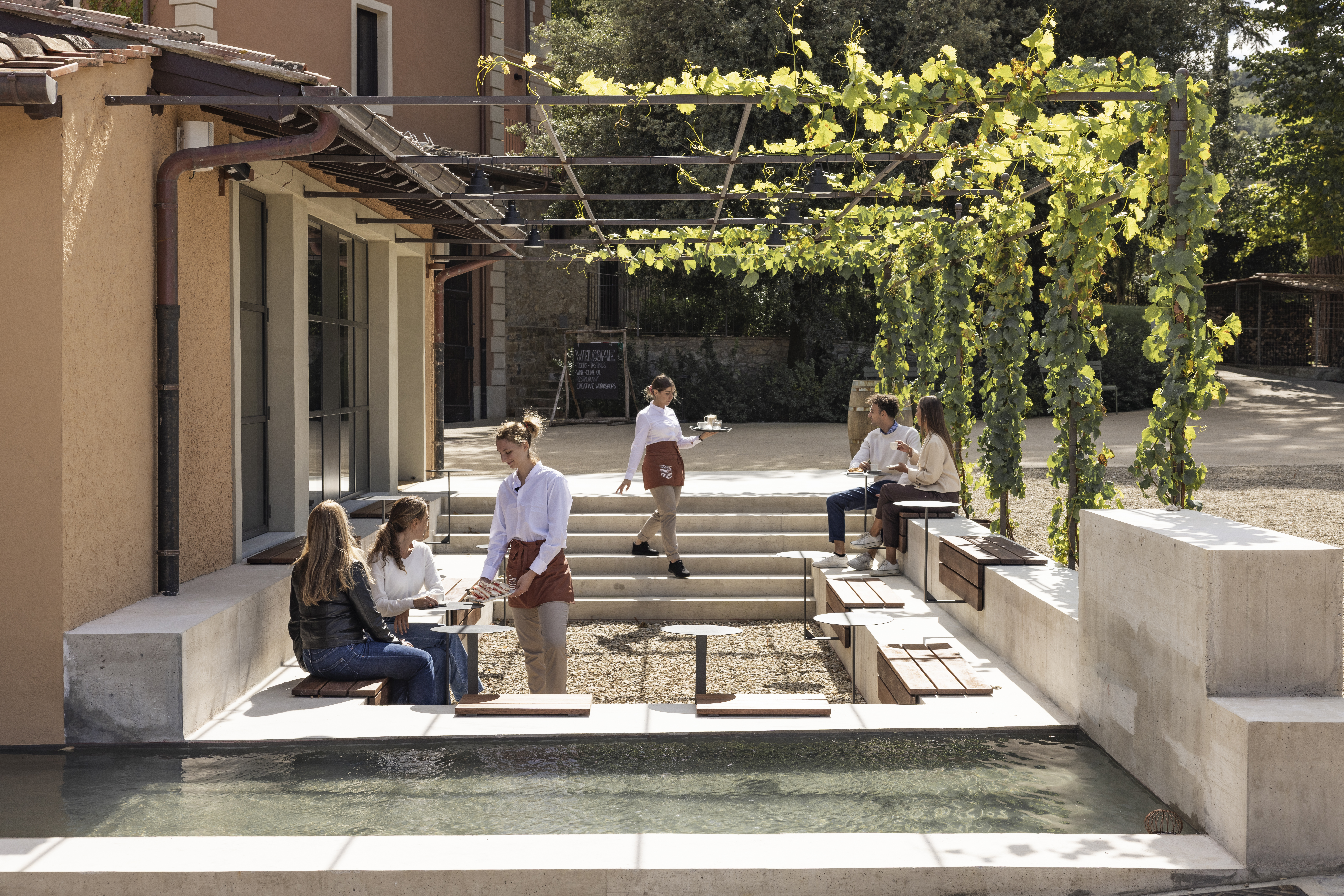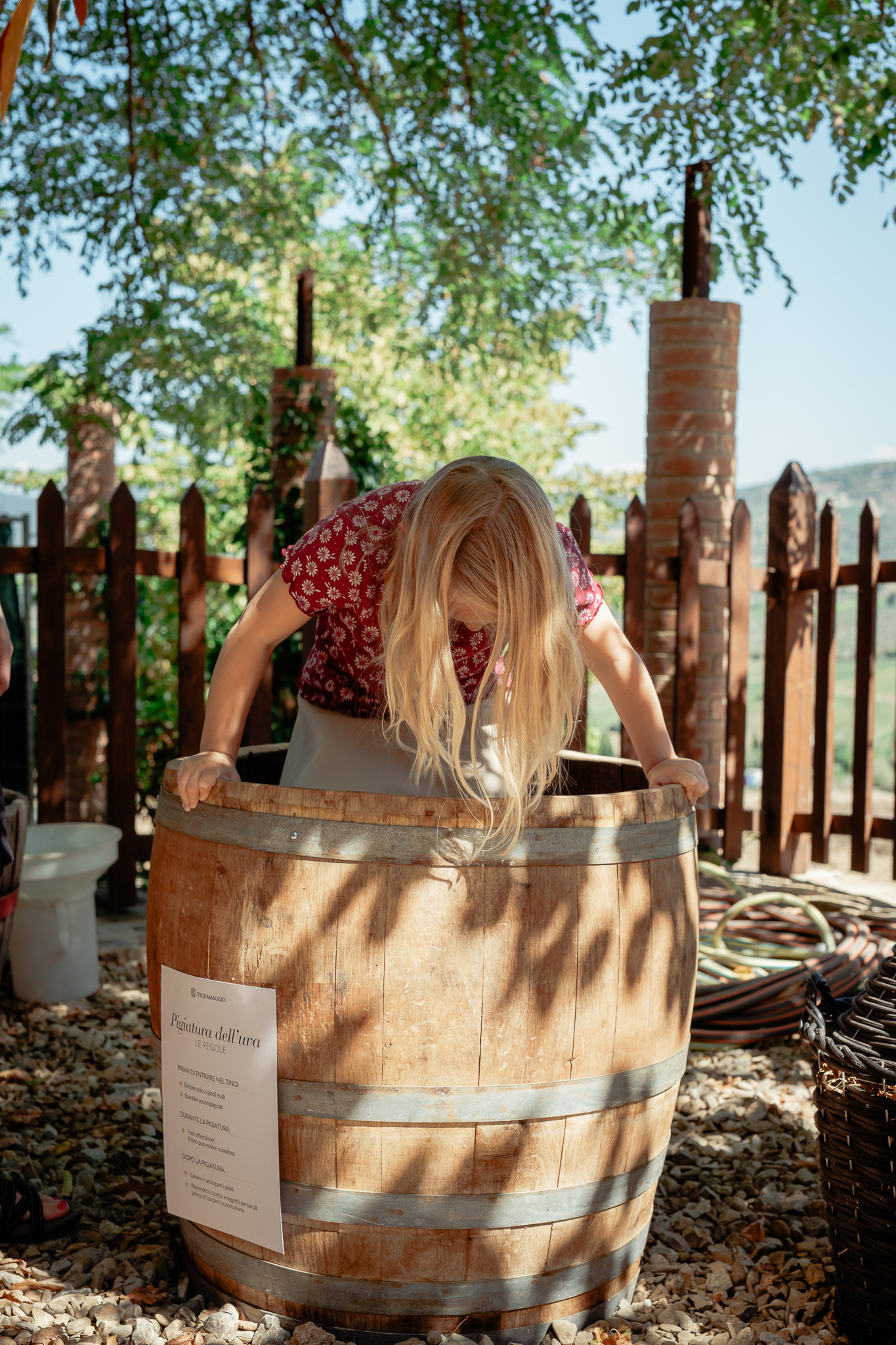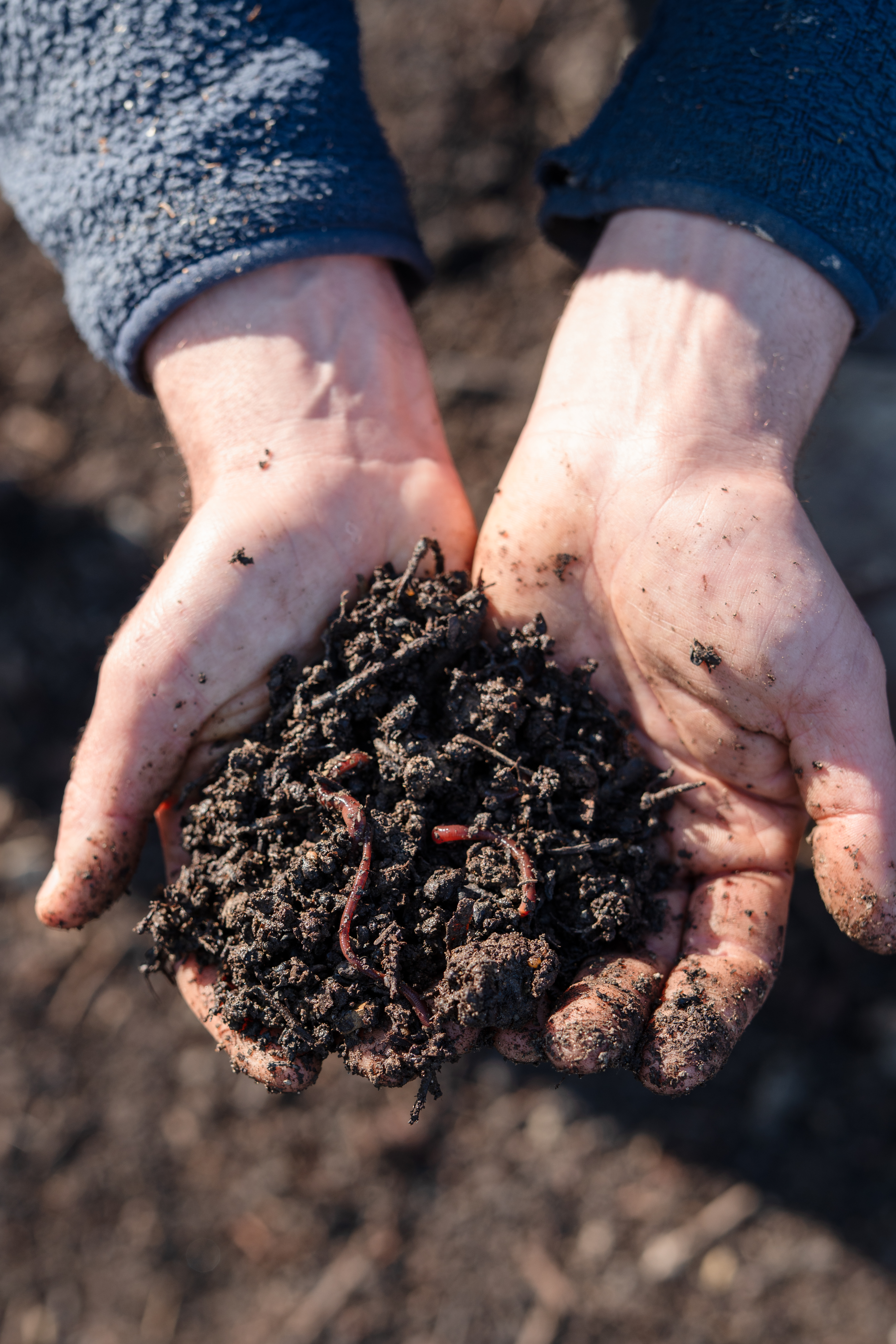Harvest 2018 has begun in Vignamaggio’s vineyards and we’re pleased to announce that it is the first organic one for us (or, to be more precise, the first one environment-friendly).
The first bunches have already been harvested and examined. After harvesting the grapes of Merlot, rosé and Cabernet, it will be the turn of white grapes, and in the end Sangiovese. The latter represents the main vine on the estate, covering 80% of the area.

Vignamaggio’s process of conversion to organic farming began in 2014, with the company’s choice to fully embrace an approach that protects and benefits the soil, the plants and even people.
The process normally lasts 3 years, a period of time in which the company thoroughly applies the principles regulating organic production, but without being able to declare its own production organic. The reason behind this is that both the soil and the crops must first be free from contamination of all products used in previous years and not accepted by the regulations governing the organic production.

BUT WHAT DOES EXACTLY MEAN TO APPLY THE PRINCIPLES OF ORGANIC FARMING IN THE WINE-MAKING PROCESS?
According to the regulations imposed by the European Union, in order to have an organic production, it is necessary to apply principles that respect the environment, to limit the use of external factors of production and, above all, to refrain from using chemical synthesis, such as herbicides or pesticides.
In particular, the EU made an actual list of products that can be used for fertilization in organic farming with a regulation of 2008.
However, until 2012, only the words wine made with organically grown grapes could be declared on the wine label. Only with the subsequent EU regulation it was possible to describe the entire process as organic and write organic wine on the label.







